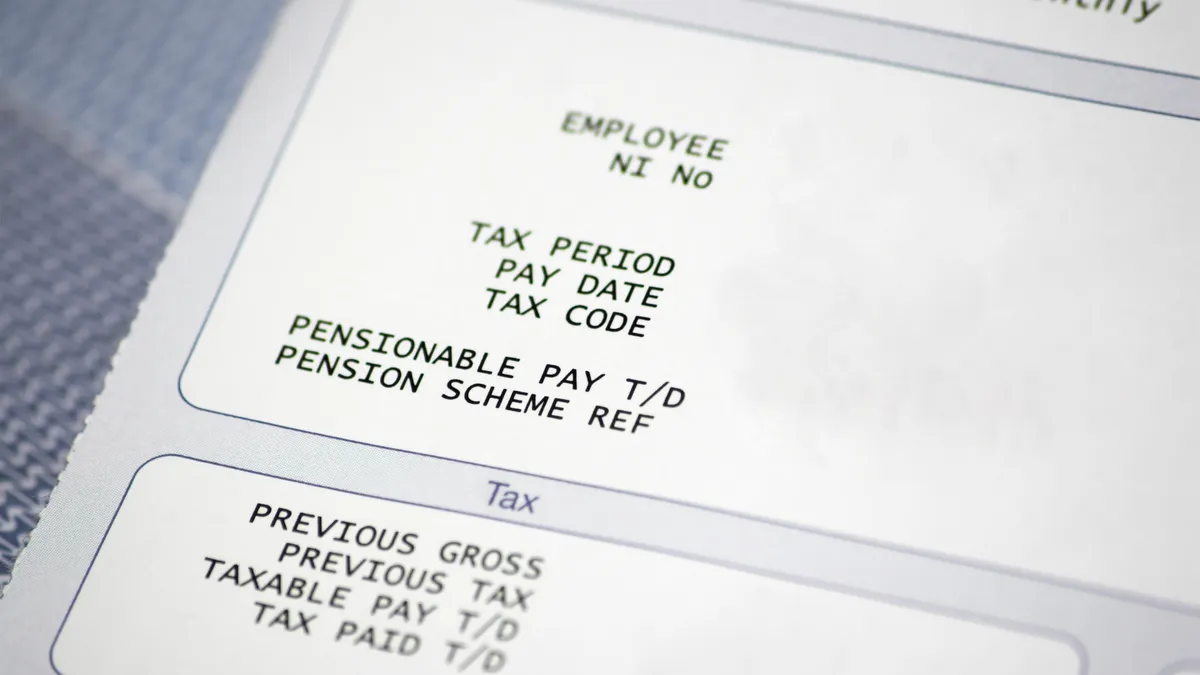Earned wage access provider FlexWage Solutions said it has received approval from the Connecticut Department of Banking to offer its services in the state without applying for a lending license.
The private company, which is based in Scottsdale, Arizona, said it received a letter from the state’s banking department notifying it that it isn’t considered a lender under the state’s laws.
“We have reviewed such information and conclude that small loan company licensure will not be required by FlexWage to continue offering its earned wage access product in Connecticut on and after January 1, 2024,” the state’s banking commissioner, Jorge Perez, said in the Dec. 28 letter signed by department lawyer Stacey Serrano. A spokesperson for the department confirmed the authenticity of the letter.
Like other earned wage access providers, FlexWage enables workers to receive portions of their earned pay before their regular payday, but its business model is different from some rivals. FlexWage won the exemption because the company works through employers to provide services to employees, who are never required to repay their employer or FlexWage, according to the letter.
“Since neither FlexWage nor the employer provides a loan of money or extension of credit, or a purchase or advance of money, to a consumer, FlexWage does not make, offer, or otherwise engage in small loan activity,” the department’s letter added.
The Connecticut banking department’s determination arrived just days before other EWA providers became subject to the state’s license requirement.
Connecticut’s action comes as other EWA players traverse the country advocating for more lenient state regulations that wouldn’t subject them to lending laws. Meanwhile, the Consumer Financial Protection Bureau said last month that it’s planning to weigh in with federal regulatory guidance.
Connecticut’s prior action
Last September, Connecticut’s banking department issued a no-action letter that said it was giving EWA companies until last Monday to comply with licensing laws. It also said then that it was engaged in discussions with “several providers” about whether they would be subject to the state’s Small Loan Lending and Related Activities Act.
Separately, the department issued guidance that month touching on how its banking statutes might pertain to earned wage access services.
Connecticut and other states have moved to provide guidance and guardrails for EWA services in recent years as the number of EWA providers has exploded, with dozens entering the market. The companies employ an array of business models, with some working through employers and others offering services directly to employees. EWA providers also impose a variety of fees.
For the moment, FlexWage appears to be the only EWA company that has received an exemption from the Connecticut licensing requirement.
“Our CEO and founder created the space to be a viable beneficial offering that would counter payday loans and overdrafts,” FlexWage’s vice president of compliance, Carl Morris, said in an interview, referencing chief executive Frank Dombroski. The idea is that workers won’t need to use predatory lenders and bounce checks if they’re able to tap their earned wages.
More regulatory action on EWA
Some FlexWage competitors, including DailyPay and Payactiv, and their trade groups backed legislation last year in Nevada and Missouri that led to the passage of new laws creating separate licensing procedures for earned wage access providers. EWA legislative proposals have also surfaced in other states, including Georgia, New Jersey, New York and Utah, among others.
Meanwhile, California’s Department of Financial Protection and Innovation has proposed stricter provisions. FlexWage also won an exemption in California last year that is similar to the Connecticut carve-out.
In November, the CFPB provided feedback on California’s approach, signaling in a comment letter that it supports the state considering “income-based advances” to be loans and subjecting them to related licensing requirements.
Consumer advocacy groups, such as the National Consumer Law Center and the Center for Responsible Lending, have pushed for states to use existing lending laws to oversee the industry. FlexWage has worked alongside those groups, Morris said.
“We are more aligned with consumer advocates than we are with other providers in the industry,” he said.
For its part, rival DailyPay expects it might win similar treatment in the state by way of legislation. “We are encouraged to see Connecticut carve out a path forward for responsible actors, and look forward to seeing other similarly responsible EWA models receive similar treatment in legislation,” a spokesperson for that company said in an emailed statement.



















